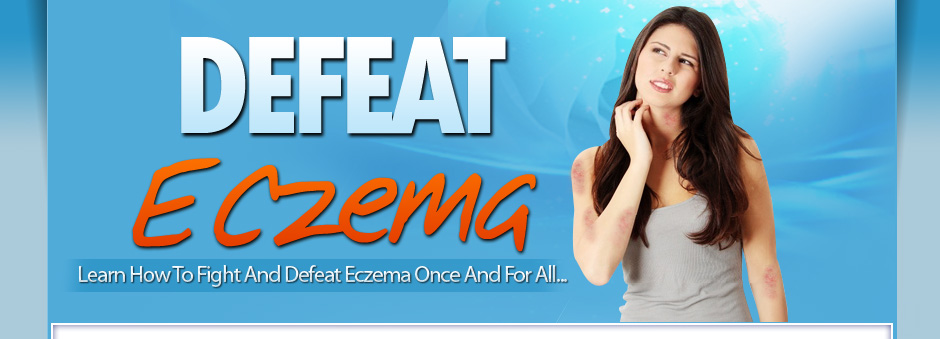Eczema, also commonly referred to as atopic
dermatitis is a skin condition that millions of Americans have. Included in those numbers could be your new
baby. If you are the parent of a baby
who was recently diagnosed as having eczema, you are likely to have many
questions.
Eczema, also commonly referred to as atopic
dermatitis is a skin condition that millions of Americans deal with. Included in those numbers could be your new
baby. If you are the parent of a baby
who was recently diagnosed as having eczema, you are likely to have many
questions. Now is the time to get
answers.
The Cause
There are many different causes for baby
eczema. Eczema can be hereditary,
meaning if someone in your family has it, your child may too. Although eczema is often compared to allergies,
it is slightly different. Certain
allergens, including food and airborne allergens can bring on an eczema
outbreak. Another common cause is the
chemicals found in laundry detergents and scented bath soaps.
The Treatment
In adults, there are many ways to treat
eczema. There are ways to manage and
treat baby eczema too, but they can be more difficult to implement. If you or a medical professional believes
eczema flare-ups are caused by food, it can be difficult to change your baby’s
diet if he or she is breastfed.
Actually, you are the one who needs to temporarily watch what you eat.
As stated above, there are many causes for atopic dermatitis
in babies. Two common causes are
reactions to laundry detergents and soaps.
These products can irritate a baby’s skin, since the skin is so sensitive
at a young age. If you suspect these are
causes, make changes. Laundry detergents
for babies, those with low chemicals, or all-natural products are best. Scented bath products are great because they
leave your baby smelling cute, but not if they irritate his or her skin. Instead, opt for organic on non-scented
products.
You now know some of the most common causes and
ways to treat baby eczema, but now what?
There is good news. Atopic
dermatitis affects individuals of all ages, but it is common in the early years
of life. Luckily, most children outgrow
it by their teens.
Research has shown that all-natural eczema
treatment systems, including Eczema Free Forever, are successful. You can learn more at EczemaFreeForever

+ad5.jpg)
+ad4.jpg)
+ad3.jpg)